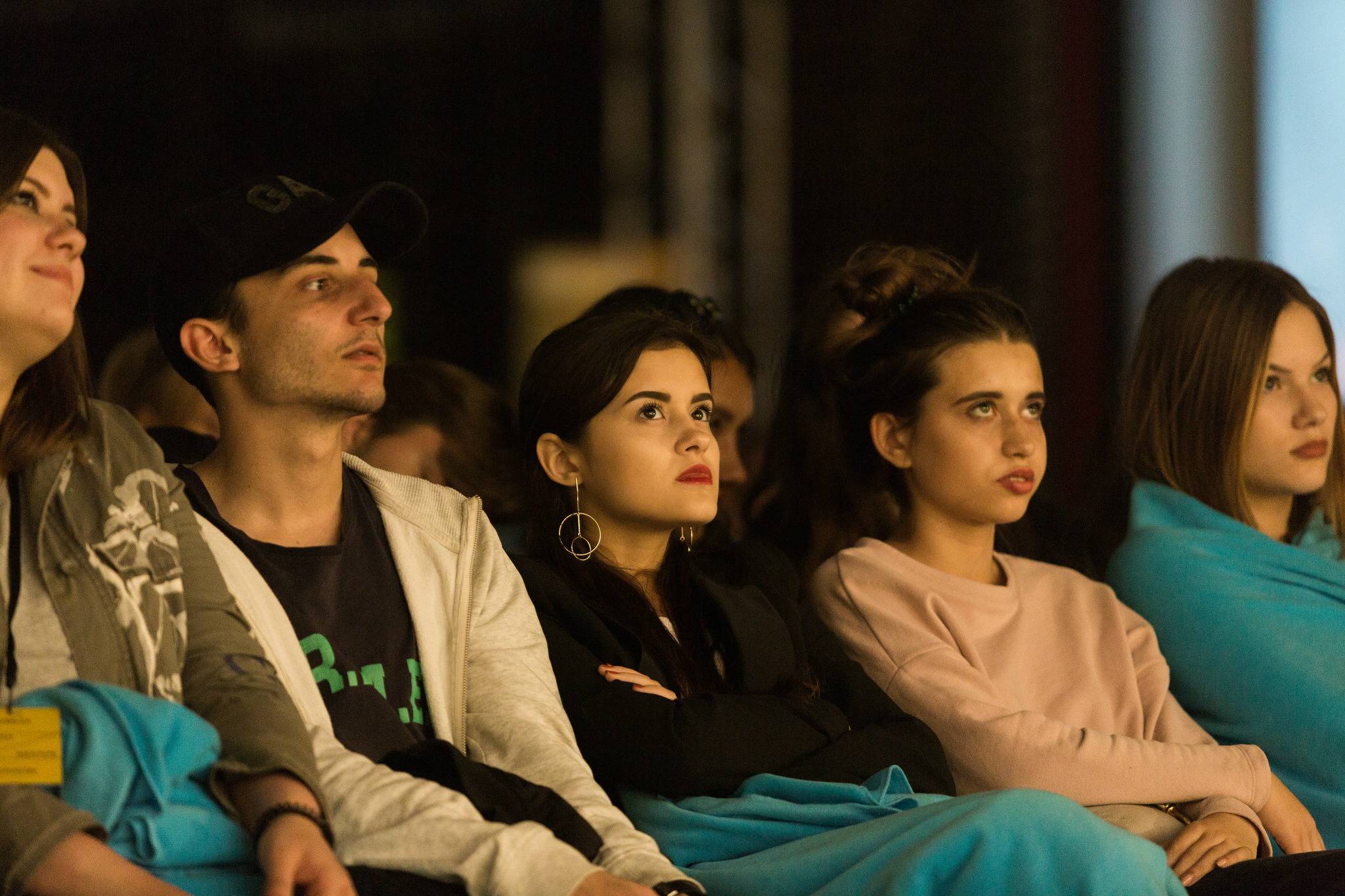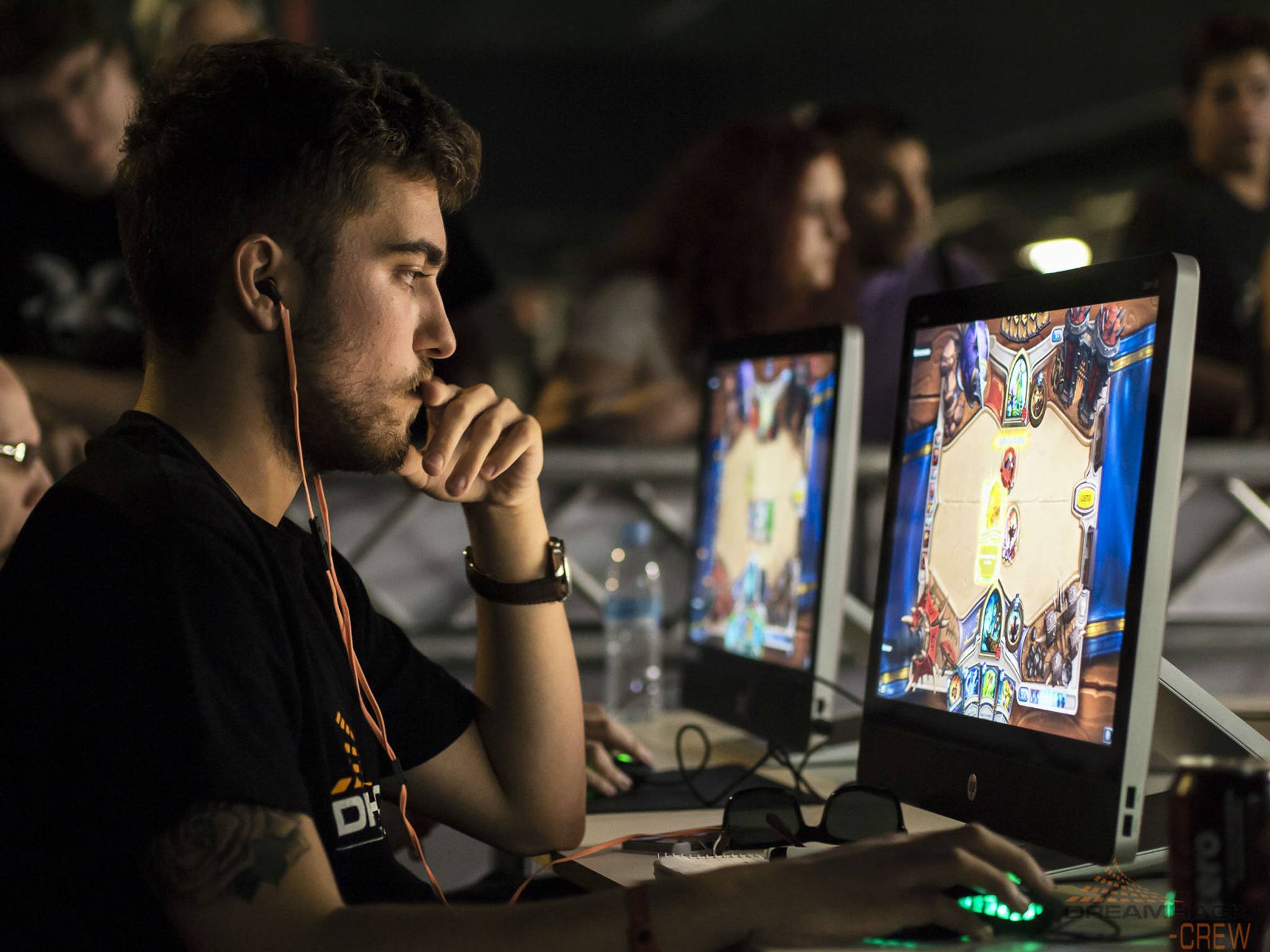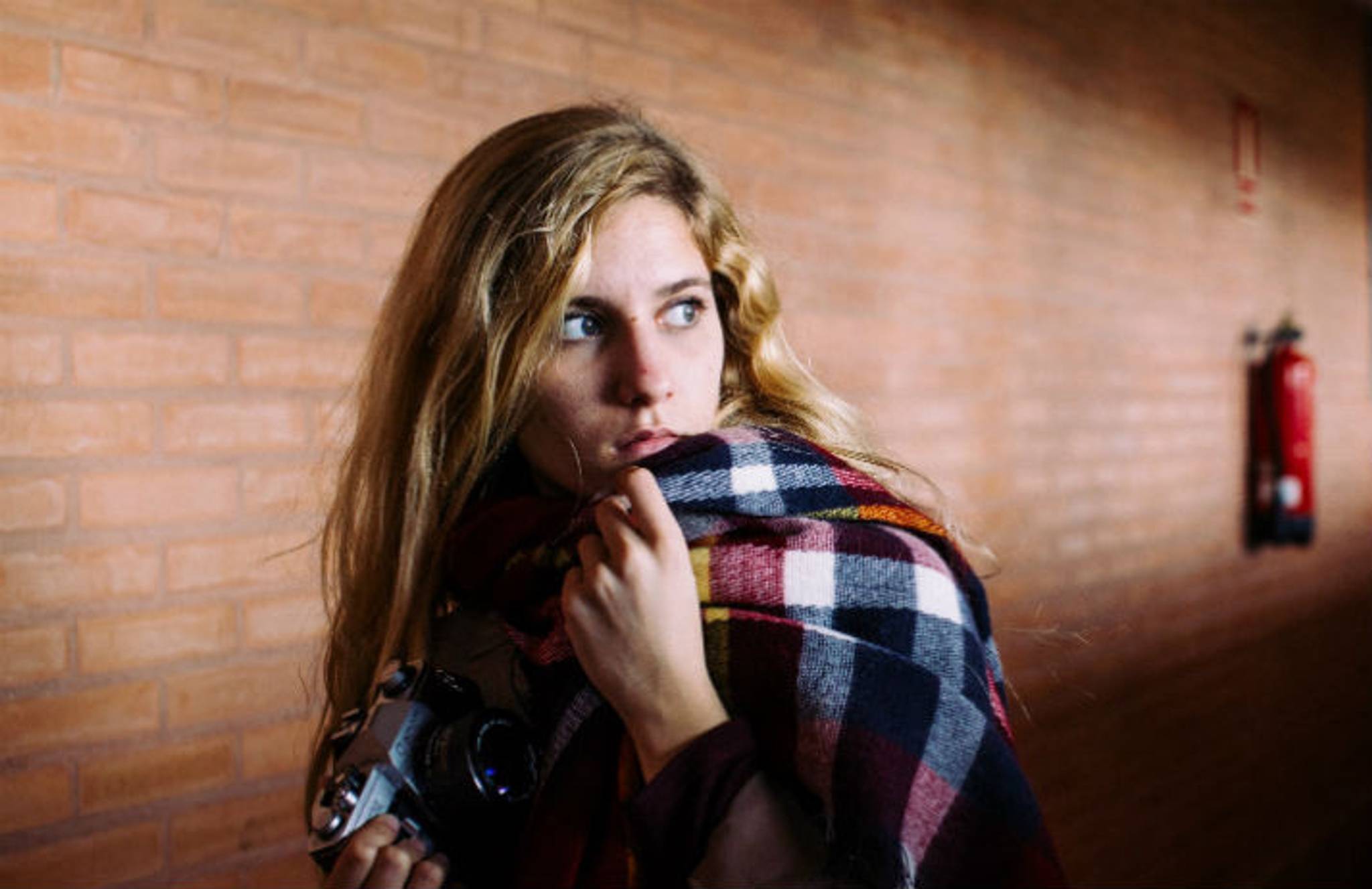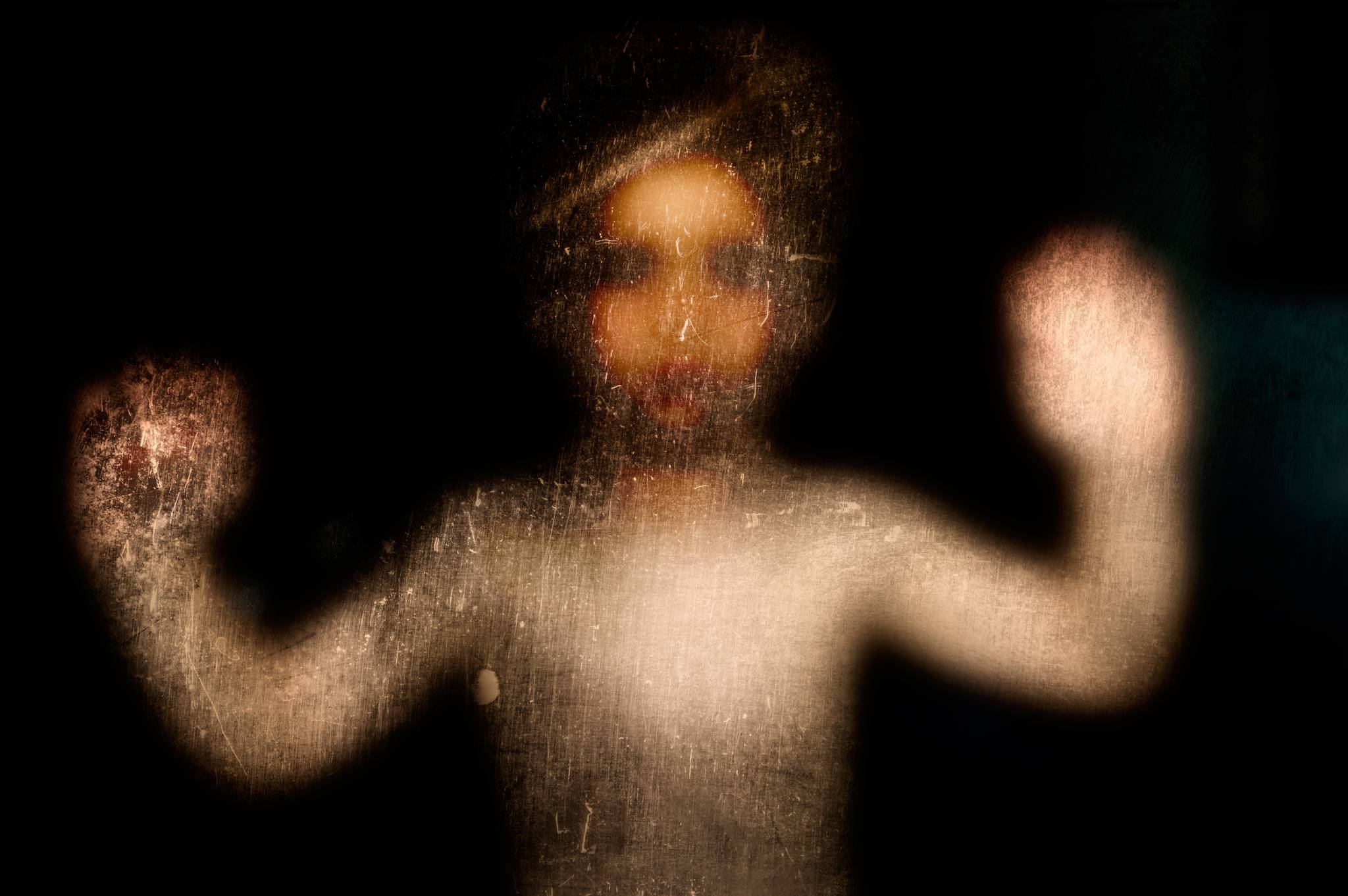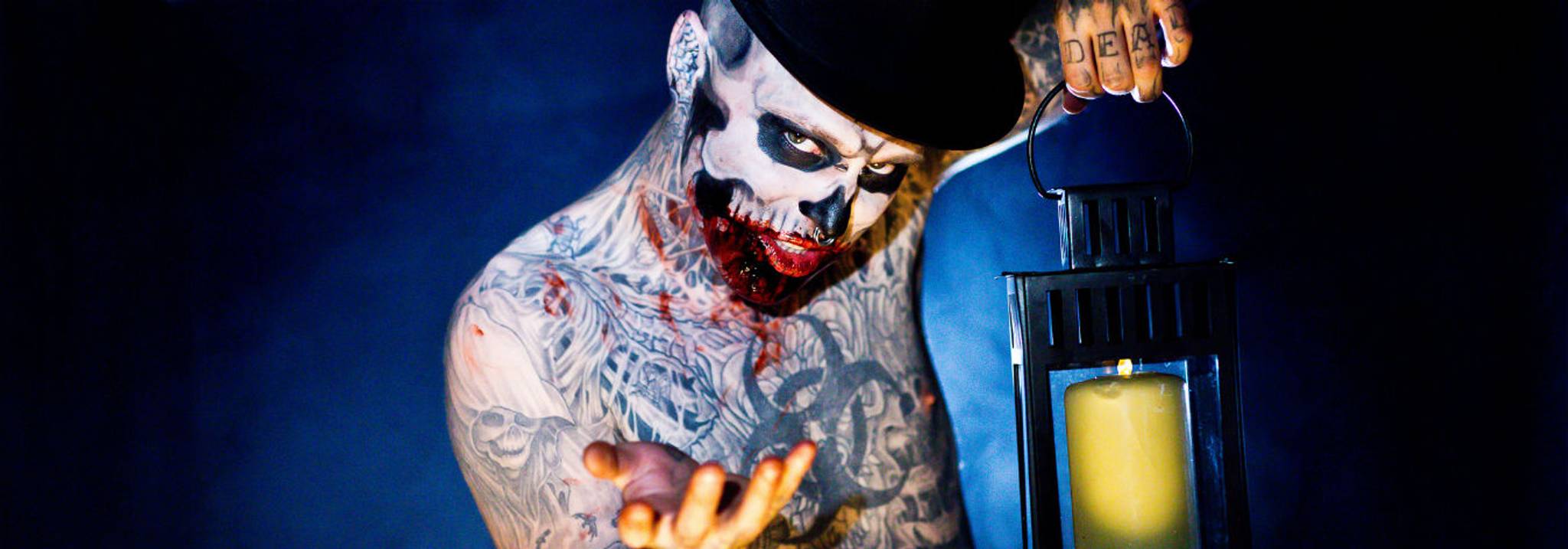
Kraken Screamfest is a horror movie festival organised by the eponymous liquor brand, aiming to terrify punters into loving its strong black rum. We explore the science behind how negative emotions like fear can be used to create positive associations.
Rum brand Kraken is organising a scream-filled experience at the movies called Kraken Screamfest. At the event, held in East London and Leeds, punters will be offered themed cocktails like The Bride of Krakenstein and fed speciality black popcorn as they watch a horror flick. A movie make-up artist completes the experience by turning attendees into evil clowns, and they can preserve their memory of the evening in a photo booth that's activated by screams. As Halloween approaches, the event aims to draw in fright-night fans – but what is the benefit of being associated with fear?
Only 2.3% of people aged 26-49 would name a horror flick in their list of favourite movies, yet people clearly like going to scary films; the market share for horror films in the US increased from 2.46% in 2014 to 10.81% in 2017, and they have brought in over $900 million at the box office in 2017 so far. “One of the major reasons we go to scary movies is to be scared,” says media psychologist Stuart Fischoff. “If we have a relatively calm, uneventful lifestyle, we seek out something that’s going to be exciting for us, because our nervous system requires periodic revving, just like a good muscular engine.”
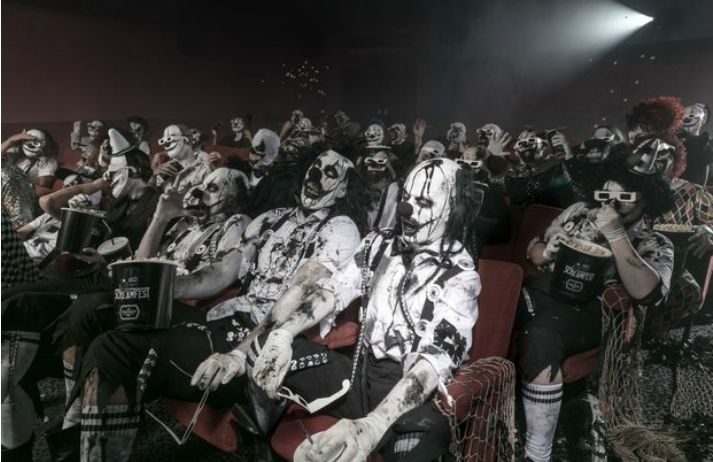
Although product placement is seen more and more across media channels, many brands shy away from associating with horror movies. But strong emotions, including fear, can be used to develop stronger connections with consumers. “Fear leads to people feeling more emotionally attached to the brand than any other emotions within the context of brand placement. By simply being there with them, people felt that the brand shared the experience with them to a greater extent if in a fearful state,” says Dr. Lea Dunn of her research into fear and marketing.
And while some advertisers use ‘fear appeal’ to directly position a brand as a solution to harmful behaviour, Kraken Rum is leveraging the experience of fear itself to create an emotional attachment to its product. Similarly, fans of American Horror Story are delighted by the opportunity to bring its creepy atmosphere into their everyday lives, while ‘immersive horror’ company Fire Hazard offers the excitement of being safely terrified on home turf. “There’s the potential for brands to take advantage of incidental fear by lending themselves to being coping mechanisms for people in a fearful state,” Dunn adds. “People come together in times of fear.”
Oriyan Prizant is a researcher at Canvas8, which specialises in behavioural insights and consumer research. He has a BA in law, which focused on people's perceptions of contract breaches, and cultivates an unhealthy interest in Korean pop music.
